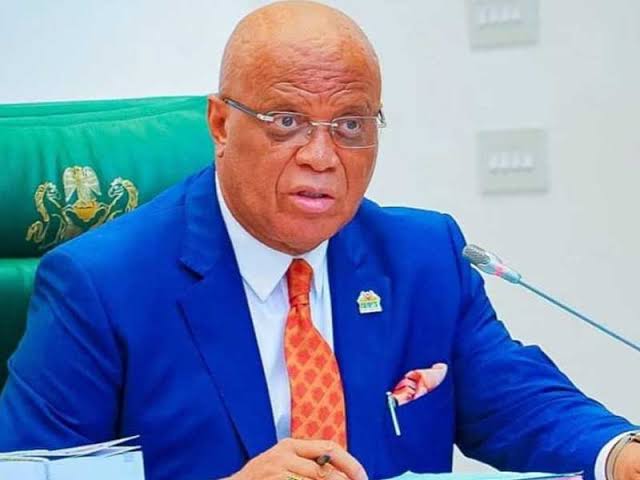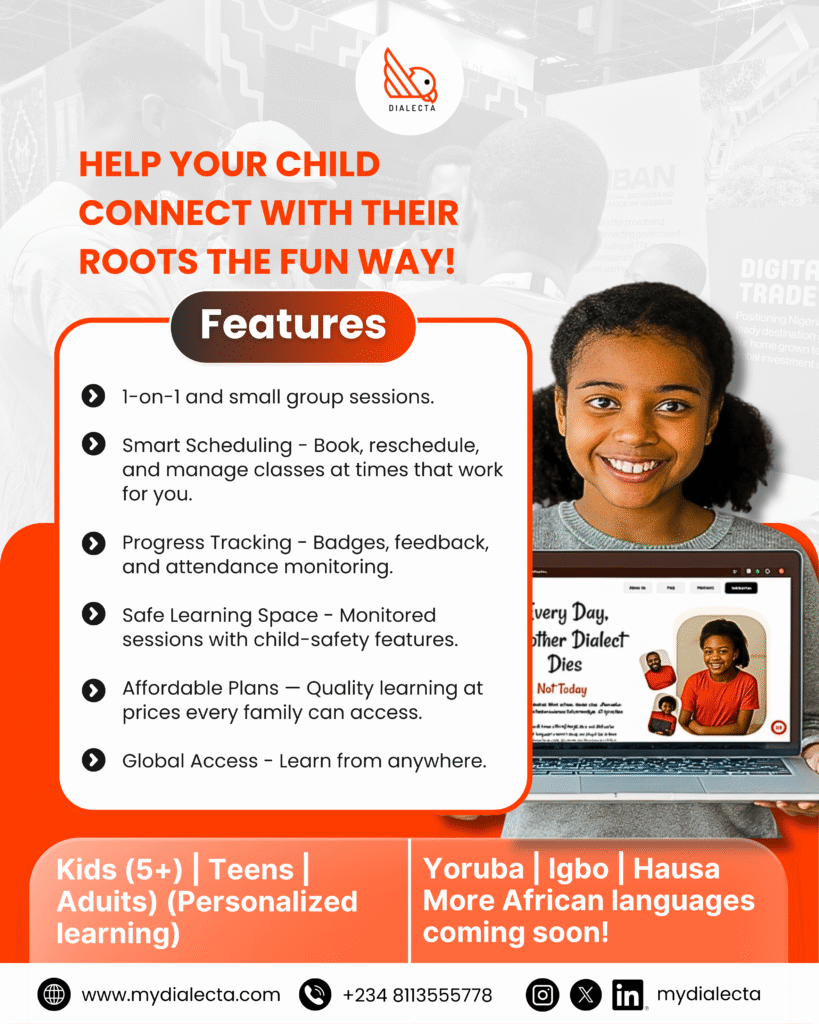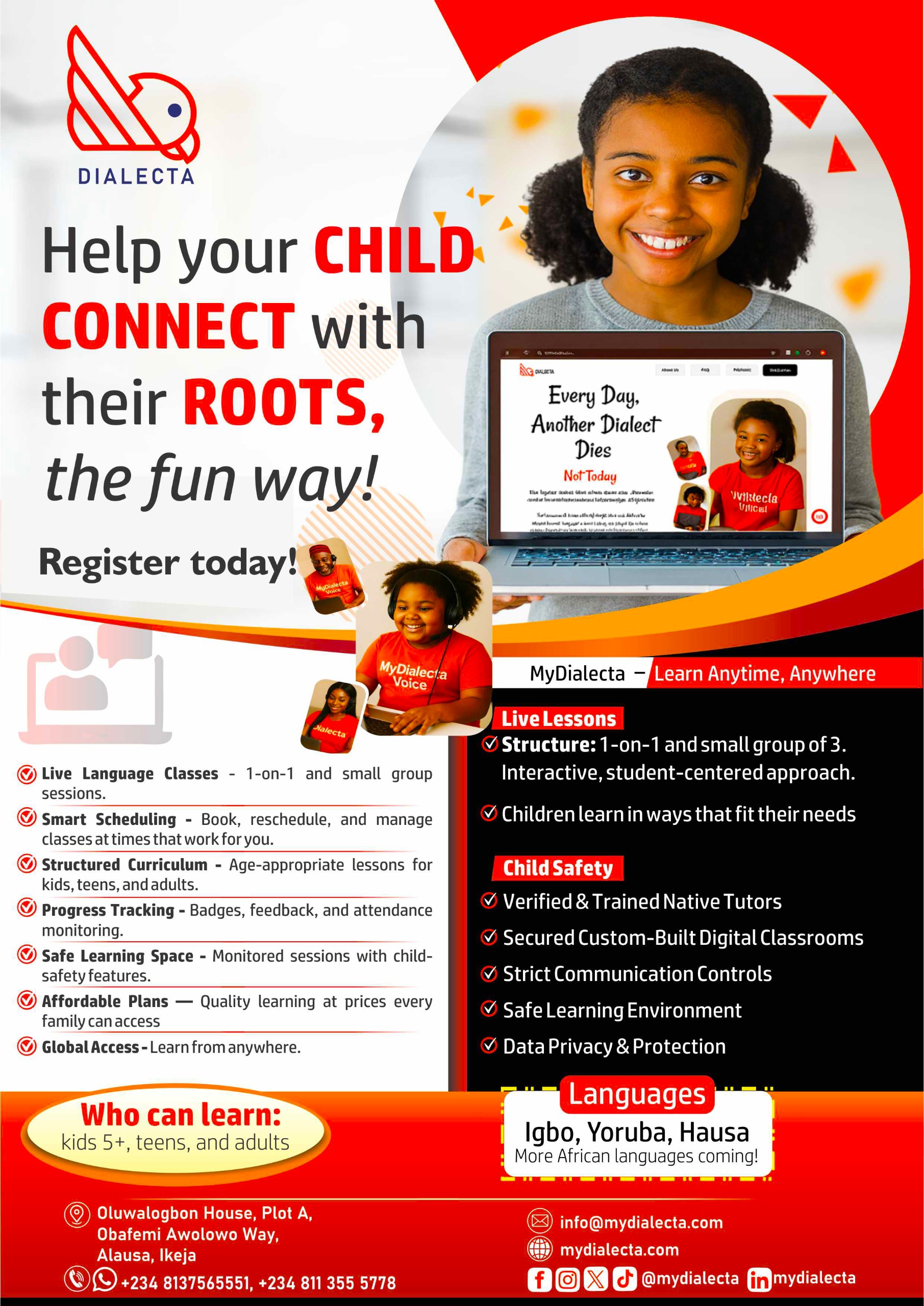
How Katsina, Oyo are Tackling Learning Poverty , ,
Two states have adopted EIDU’s platform to tackle learning poverty in public primary schools, and the result is commendable, writes Uzoma Mba
When public primary schools in Oyo and Katsina open their doors for the next academic session this September, pupils will encounter a new approach to teaching and learning.
Both states have embraced EIDU’s technology driven platform, which combines data-informed decision making, AI, play-based learning, and high quality lesson plans to support teachers.
In the last academic session, both states conducted pilot tests of the approach in selected schools and the outcome convinced policymakers that a wider implementation of the approach can significantly solve a major challenge facing children across Nigeria: learning poverty. In Nigeria, learning poverty is not a new challenge and there have been attempts at solving it..
Learning poverty, a concern
The Federal Government of Nigeria enacted the Universal Basic Education Act in 2004 to provide free, compulsory, and uninterrupted access to nine years of formal education (Primary and Junior Secondary) for every child of school-going age. The aim was to reduce dropout rates, improve the quality and relevance of basic education, and equip children with essential literacy and numeracy skills for lifelong learning.
Twenty-one years later, the promise of universal literacy and numeracy remains a mirage. Both national and international stakeholders continue to confirm that though enrolment in schools continues to increase, literacy and numeracy skills remain low.
UNICEF reports that three out of four children in school cannot read with comprehension or solve basic math problems. Recently at a State-Level Workshop on Foundational Learning and Out-of-School Children in Abuja, the Executive Secretary of the Universal Basic Education Commission, Dr. Aisha Garba, admitted that “the quality of education in our schools must be improved to ensure that every child can access the learning they deserve,” urging stronger collaboration with states and partners.
The World Bank has also repeatedly warned that “learning poverty among children in school poses one of the biggest threats to Nigeria’s human capital,” stressing the need for systemic reforms and sustained funding.
Moved to address the learning poverty challenge, the governments of Katsina and Oyo partnered EIDU, a global leader with a track record of eliminating the challenge through technology. EIDU’s soon-to-be open-source platform holds the promise of drastically improving learning outcomes for children in record time, irrespective of whether the children are in urban or rural areas.
What makes EIDU different
EIDU’s approach is built around a single but comprehensive platform designed to meet the different needs of the four key stakeholders in the public primary school system: learners (children), teachers, education officers, and government agencies.
Specifically, it provides interactive tasks that adapt to each child’s pace and ability, helping them build strong foundations in literacy, numeracy, and digital skills. These tasks are available to each child through Android smartphones that have been customised specifically for the purpose of learning and deployed to classrooms.
On their part, teachers receive structured lesson plans aligned to the local curriculum, teaching tools, real-time insights into the performance of each child, and continuous digital training, enabling them to deliver better lessons without increasing their workload.
Education officers (referred to as quality assurance officers in some states) are given structured tools and dashboards to support monitoring, evaluation, and teacher professional development, while government agencies like the State Universal Basic Education Board gain access to comprehensive data that guides system-wide planning and decision-making.
Considered holistically, EIDU’s platform is guided by four principles: it is comprehensive, reliable, cost-effective, and future-proof. Together, these make EIDU a scalable and sustainable solution for strengthening public education systems and addressing learning poverty.
What beneficiaries say
Speaking about the impact of EIDU on his school one year after the pilot in Oyo State, Mr. Abiodun Salau, the Executive Chairman of the State Universal Basic Education Board, noted that “my teachers and I were impressed that EIDU was complementary to our work. It improved several aspects of school life.
The attendance of the children and teachers as well as the learning outcomes of our children have been impacted by the programme. We are happy that the children in our care are more enthusiastic about their studies because of EIDU.”
Similarly, Alhaji Kabir Magaji, the Katsina State Universal Basic Education Executive Chairman, notes that “because of the programme, teachers have become more committed as they use their smartphones to teach. The programme has helped them free up much-needed time to devote to teaching.
“No longer do they have to spend long hours every day preparing lesson notes. Now they simply preview the lesson guides in their tablets properly, make relevant additions and jottings that they would like to add and go ahead to deliver their lessons in class. Teachers using smartphones are very enthusiastic, and the schools where EIDU is intervening are recording significant benefits.
“For the children it’s even a more interesting story. They are more engaged and interested in learning because of the smartphones provided by EIDU. Unlike before, when teachers did most of the work, children are now actively involved in the learning process.”
For teachers, the testimony is even more compelling. “In Katsina the English and Math teachers are distinct subject teachers, which means they move from class to class during the school day,” says Sa’adiya Tukur, an English teacher at Dabaibajawa Primary School.
“What we notice is that after the introduction of the EIDU approach to our school, the children would like to follow the English or Math teacher to their next class even though their class was over.”
In Oyo, children now come to school as early as 7.30 a.m. just to be the first to access the EIDU smartphones for the purpose of learning.
Of results and expansion
The true test of any educational intervention lies in measurable impact. In 2024, EdTech Hub, a global education research institution, conducted a Randomised Controlled Trial (RCT) in partnership with researchers from the University of Manchester and Women Educational Researchers of Kenya, which gave EIDU a comprehensive view of how its solution is transforming foundational education through its digital personalised learning and structured pedagogy.
The research outcome confirmed that EIDU significantly boosts learning equitably and at scale. The study found that EIDU learners achieved 1.50 times the expected learning progress—placing EIDU among the top 10% of global interventions in basic education systems, delivering exceptional improvements in literacy and numeracy among children, especially in low-income countries.
Most importantly, the intervention delivered remarkable learning gains across all learner groups. The lowest-performing students, particularly the bottom 25% struggling with numeracy, recorded the strongest relative improvements.
Overall, EIDU achieved a 0.534 standard deviation increase in outcomes, ranking it among the most effective education interventions globally.
In the same year, EIDU scaled its reach to over 700,000 learners, expanded into more than 50% of Kenyan counties, and laid the groundwork for adoption in more countries.
Quote
No longer do they have to spend long hours every day preparing lesson notes. Now they simply preview the lesson guides in their tablets properly, make relevant additions and jottings that they would like to add, and go ahead to deliver their lessons in class. Teachers using smartphones are very enthusiastic, and the schools where EIDU is intervening are recording significant benefits. For the children it’s even a more interesting story. They are more engaged and interested in learning because of the smartphones provided by EIDU
The post How Katsina, Oyo are Tackling Learning Poverty appeared first on THISDAYLIVE.
, Education Archives – THISDAYLIVE, September 17, 2025, 1:07 am












